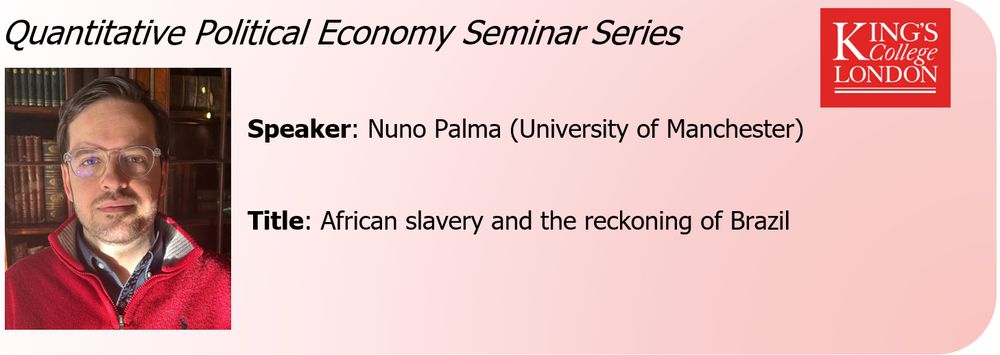Reposted by: Nuno Palma, Noel D. Johnson
www.broadstreet.blog/p/blood-and-...

Reposted by: Nuno Palma

by Nuno Palma
academic.oup.com/ereh/article...

by Nuno Palma
Honored to have received the Figuerola Prize for the best article published in the European Review of Economic History in the last 2 years, for «Anatomy of a Premodern State», with Lenor F. Costa & António Henriques!
Reposted by: Nuno Palma
by Sheilagh Ogilvie — Reposted by: Nuno Palma

by Sheilagh Ogilvie — Reposted by: Nuno Palma
Transplanting Craft Guilds to Colonial Latin America: A Large Language Model Analysis cepr.org/publications... @oxhistoryfaculty.bsky.social @oxford-esh.bsky.social #echist
Reposted by: Nuno Palma
This chart shows the share of people who say homosexuality cannot be justified across five of the world’s most populous countries.
Together, these countries are home to nearly half of the global population.

by John Holbein — Reposted by: Nuno Palma
"...we use simulations based on real data to illustrate the multiple hypothesis testing problem that arises when researchers reuse natural experiments."
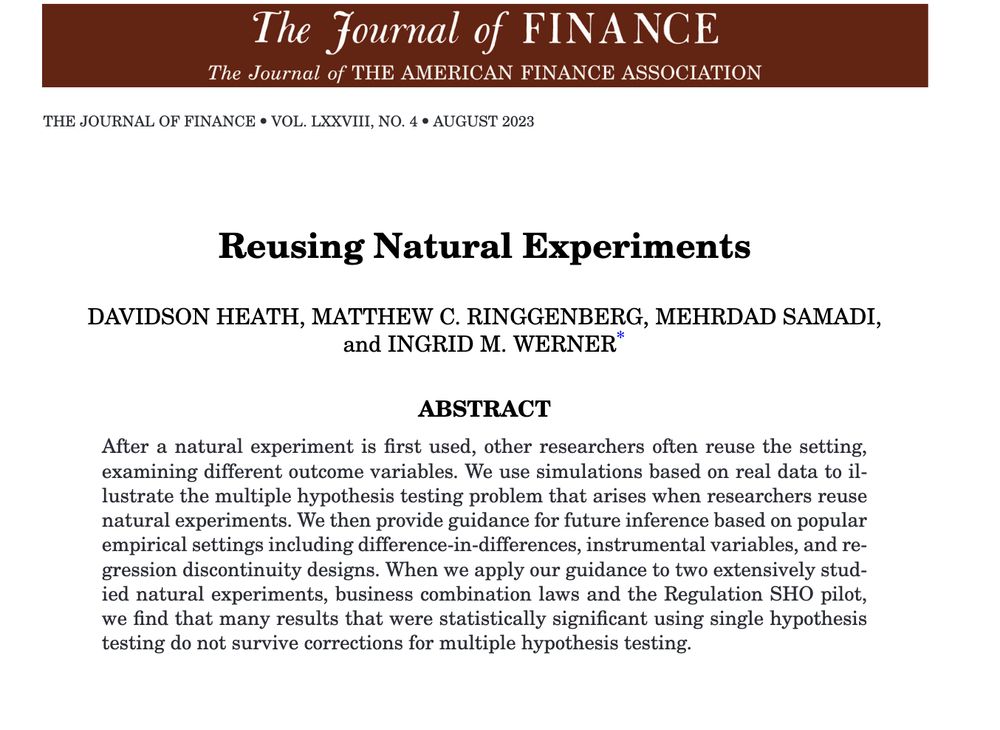
Reposted by: Nuno Palma
December 11-12 in beautiful Montevideo🇺🇾
Submission deadline 👉 September 30
More info & submission link 👉 ridge.org.uy/wp-content/u...
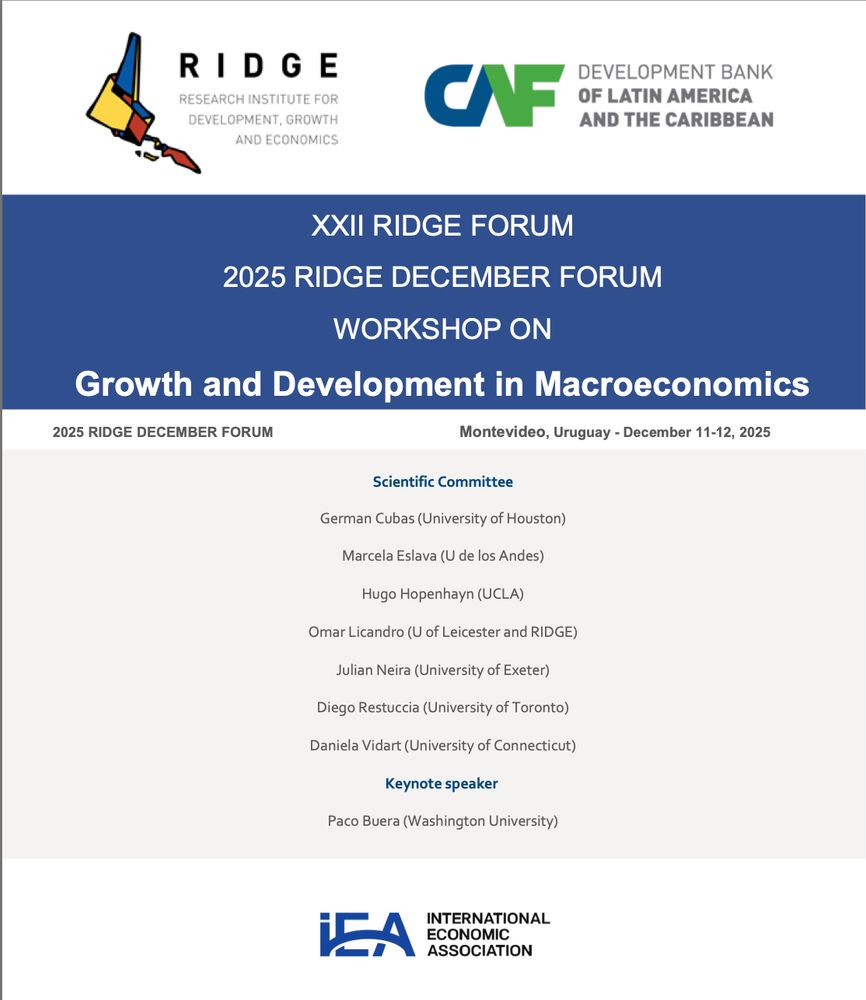
by John Holbein — Reposted by: Nuno Palma, Stefan Müller
Steady improvement, but still a long way to go!
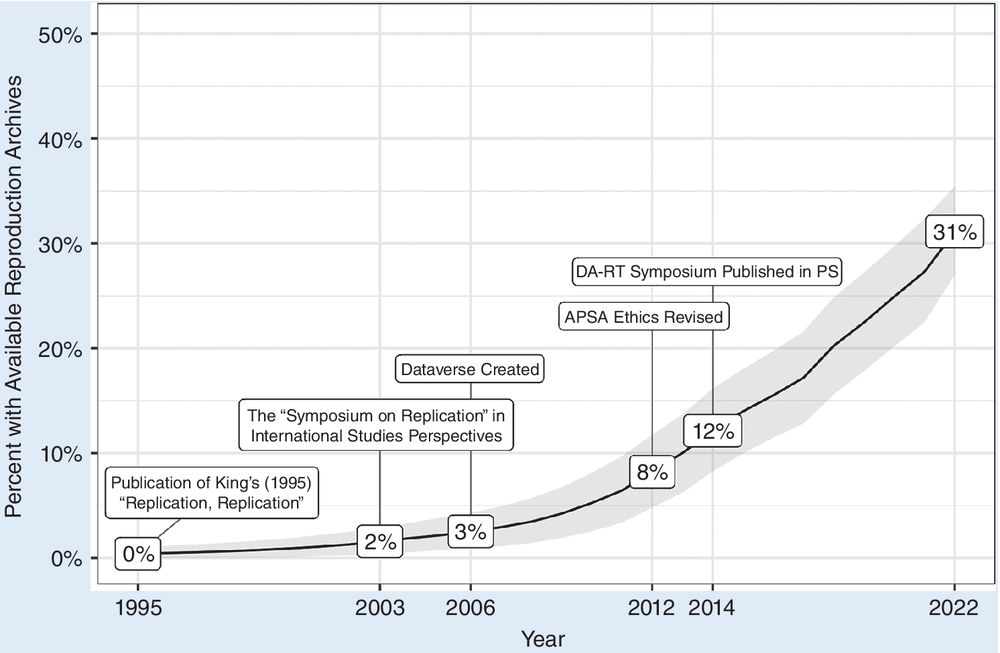
Reposted by: Nuno Palma
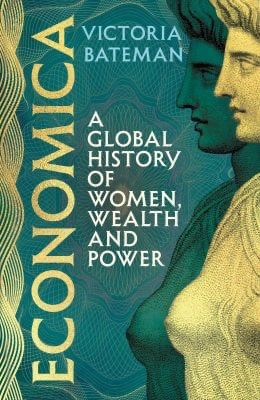
Reposted by: Nuno Palma
Reposted by: Nuno Palma, Kevin O’Rourke, Sebastian Braun , and 2 more Nuno Palma, Kevin O’Rourke, Sebastian Braun, Patrick Wallis, Alice Reid
Reposted by: Nuno Palma, Charlotte Bartels
Reposted by: Nuno Palma

Reposted by: Nuno Palma
New @cepr.org discussion paper by Tim Besley, Dan Bogart, Jonathan Chapman, and @nunopgpalma.bsky.social cepr.org/publications...
Reposted by: Nuno Palma
Many details and link to job add here:
sites.google.com/site/tnhalbe...
Please PM me incase you have questions!
by Sheilagh Ogilvie — Reposted by: Nuno Palma

by Nuno Palma
Institutions also operate locally. Local legal actors — even unpaid ones — can shape economic trajectories in powerful ways.
The state was heavily involved with the First Industrial Revolution.
Link to the paper:
documents.manchester.ac.uk/display.aspx...
7/7
by Nuno Palma
⚙️ Industrial towns near coalfields grew faster with more JPs;
📈 JPs helped enforce contracts, settle disputes, and foster trust;
The effects appear gradually over time! The choice of the outcome year is not critical.
6/7
by Nuno Palma
In other words: more JPs → better long-term development outcomes. 5/7

by Nuno Palma
✅ Higher population growth
✅ Faster urbanization
✅ Greater economic diversification
✅ More infrastructure and innovation
✅ Better human capital (via apprenticeships)
4/7

by Nuno Palma
They were local elites—usually unpaid, but powerful—tasked with matters from contract enforcement to infrastructure oversight.
Their presence made legal systems more accessible, faster, & cheaper—especially in an age before a professional paid bureaucracy 3/7

by Nuno Palma
Using novel data, we show that “street-level” legal capacity, via JPs, played a crucial role in enforcing property rights, resolving disputes & managing public goods. 2/7

by Nuno Palma
In a new working paper (with Tim Besley, Dan Bogart, and Jonathan Chapman @jnchapman-econ.bsky.social, we show that Justices of the Peace — magistrates acting locally — were a quiet engine behind modern economic growth. 🧵👇1/7

by John Holbein — Reposted by: Nuno Palma, Rafael H. M. Pereira, Paavo Monkkonen

by Nuno Palma
www.jobs.manchester.ac.uk/Job/JobDetai...

Reposted by: Nuno Palma
🗣️Jonathan Chapman presents 'Justices of the Peace: Legal Foundations of the Industrial Revolution'
Chair: Steven Pincus
✍️ cepr.org/events/inter...
#EconSky

Reposted by: Nuno Palma
Feel free to contact us (see details at sites.google.com/view/kingsqp...) if you're interested in attending.
